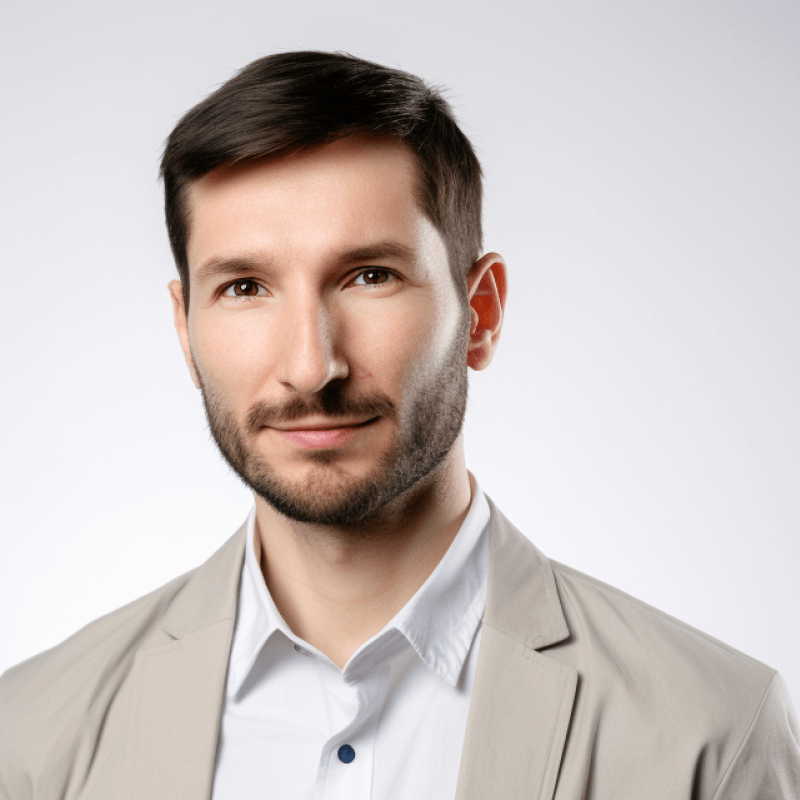[In 3 Minutes] Who Owns ChatGPT? Plus Essential FAQs Unveiled!
ChatGPT has rapidly become one of the most talked about AI innovations in recent years. Its ability to generate human-like text has captured the public's imagination. But where who owns ChatGPT? And who created the company behind this groundbreaking AI chatbot? This article unravels the ownership structure and history of OpenAI, the maker of ChatGPT.
Overview of ChatGPT
Launched in November 2022, ChatGPT is an advanced AI system utilizing a robust language model to interpret and respond to natural language prompts. Beyond mere conversations, it can summarize documents, craft stories, and answer queries, fueling its popularity.
Who Created ChatGPT?
OpenAI, a pioneering artificial intelligence research company, created ChatGPT.
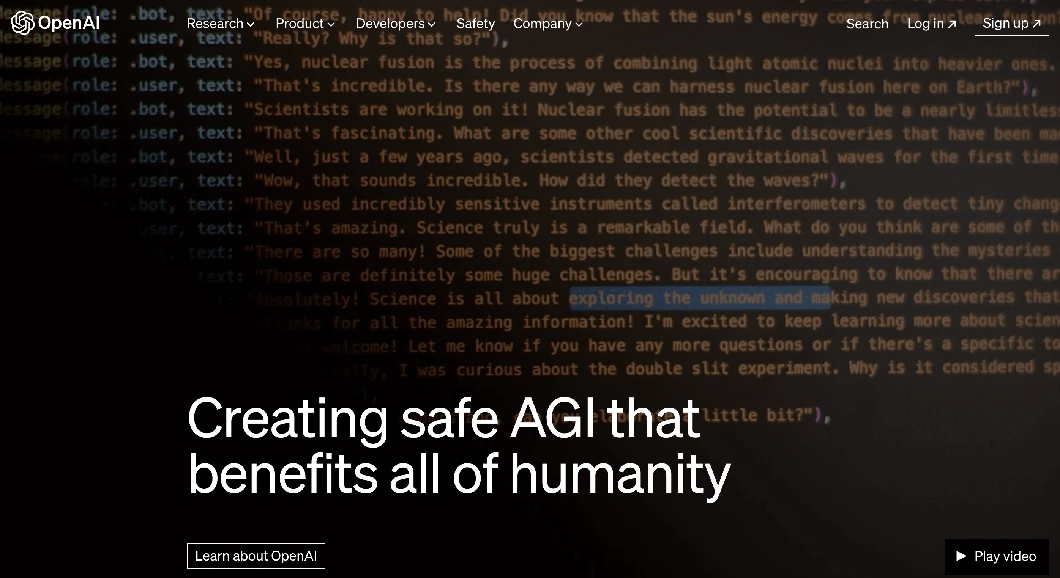
The Founding of OpenAI
OpenAI was established in 2015 by a consortium of tech luminaries, including Sam Altman, Elon Musk, Greg Brockman, Ilya Sutskever, and Wojciech Zaremba. Their united vision was to create and promote a safe AGI to benefit humanity.
Initially functioning as a non-profit, the organization shifted to a for-profit model in 2019 to better achieve its goals. Under the leadership of figures like Altman and Musk, OpenAI unveiled ChatGPT in November 2022 as a free research preview, offering a more advanced premium version for those interested.
Who is the CEO of OpenAI and ChatGPT?
Sam Altman, once the president of Y Combinator, assumed the CEO role at OpenAI. Under his stewardship, the company shifted from a purely non-profit entity to a "capped profit" structure. This innovative model strikes a balance by offering returns to investors while channeling most of the profits back into research endeavors.
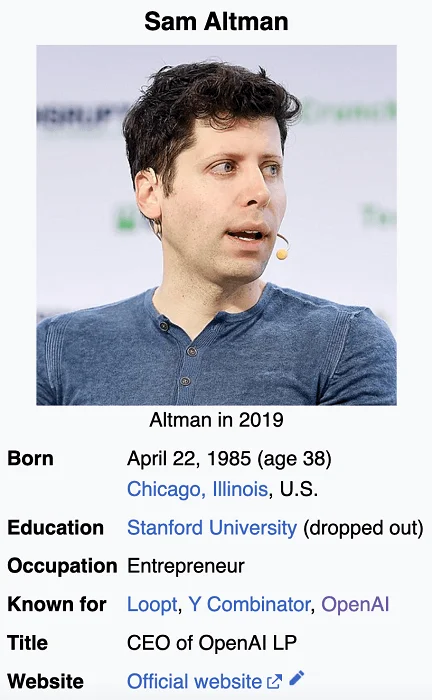
Elon Musk's Role and Departure
Although Elon Musk was among the initial investors and board members of OpenAI, he decided to step away from the board in 2018. Musk's decision to exit was driven by his intent to prevent potential conflicts of interest with his other ventures, notably Tesla. While some suggest diverging visions between Musk and other leaders at OpenAI, it's undeniable that his early involvement and continued financial support have greatly influenced the company.

Technical Innovations and Leadership
The technical backbone of OpenAI boasts names like Greg Brockman, the company's former CTO, and Chief Scientist Ilya Sutskever.
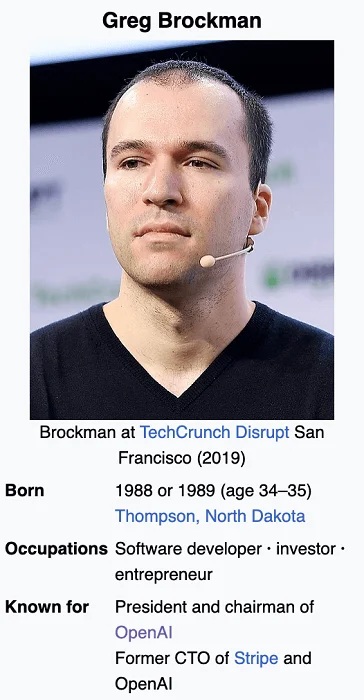
Together with a dedicated team, they have pioneered groundbreaking research in multiple AI domains, including reinforcement learning, robotics, and natural language processing. Their collaborative efforts and innovations have culminated in developing models like GPT-3, which paved the way for the creation of ChatGPT.
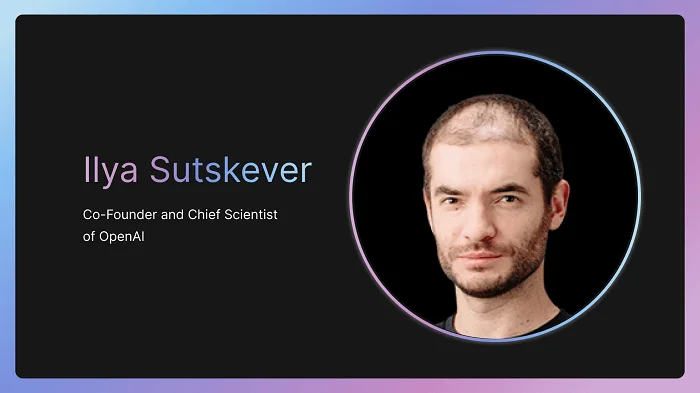
Who Owns OpenAI and ChatGPT Now?
No single entity owns a controlling share of OpenAI. Ownership is distributed across stakeholders.
OpenAI's Corporate Structure
OpenAI was founded in 2015 as a non-profit AI research company. However, in 2019, it created a new for-profit corporate structure to attract additional investment.
OpenAI is now comprised of two linked entities:
OpenAI LP: This for-profit business entity houses the core AI research team and owns OpenAI's intellectual property. OpenAI LP allows flexible allocation of resources while capping investor returns.
OpenAI Non-profit (OpenAI Inc.): This San Francisco-based non-profit oversees governance and ensures adherence to OpenAI's charter. The non-profit board guides the mission and policies.
This two-entity structure provides OpenAI more flexibility to operate and fund its ambitious AI research.
Who Are the Investors in OpenAI?
OpenAI LP has attracted billions in investment from technology companies and elite Silicon Valley figures:
Microsoft - Committed $10 billion in 2023 to extend the partnership. OpenAI's most prominent backer.
Sam Altman - OpenAI CEO and lead investor through various investment vehicles.
Khosla Ventures - VC firm founded by Sun Microsystems co-founder Vinod Khosla. Early OpenAI backer.
Reid Hoffman - LinkedIn co-founder and influential angel investor. Backed OpenAI early on.
Peter Thiel - Co-founder of PayPal and Palantir Technologies. Initial OpenAI investor.
Ownership is distributed across these and other stakeholders. There is no majority owner.
Is Microsoft's Own ChatGPT?
No. While Microsoft possesses exclusive licensing rights to OpenAI's commercial products, providing crucial support for OpenAI's vast computational requirements, OpenAI operates as an autonomous entity. Thus, Microsoft doesn't directly own either OpenAI or ChatGPT.

What Does Microsoft Gain?
By investing heavily in OpenAI, Microsoft gains access to AI research breakthroughs and IPs like ChatGPT.
Microsoft licenses OpenAI technologies to incorporate into its products and services. This provides Microsoft an edge in the high-stakes AI race.
Is ChatGPT Publicly Traded?
No, neither OpenAI nor ChatGPT is listed on any stock exchange. While OpenAI has chosen to remain private, an indirect way to gain exposure to its advancements is through Microsoft's public stock, a principal commercial partner of OpenAI. Investing in MSFT shares can potentially capitalize on OpenAI's achievements.
Valuation of OpenAI/ChatGPT
OpenAI was recently valued at $29 billion after Microsoft's $10 billion investment in 2023.
This reflects the immense perceived potential of ChatGPT and OpenAI's other AI systems in development. It is a meteoric rise from OpenAI's early days as a non-profit.
Commercial Availability
The standard ChatGPT system is available online for free public use. OpenAI offers a paid ChatGPT Plus subscription with faster response and priority access.
For commercial use, OpenAI provides API access to its models. The API powers AI applications by partners across many industries.
The Future of ChatGPT
ChatGPT is expected to become more capable over time. Potential improvements include:
Increased contextual understanding
Specialization for different knowledge domains
Support for more natural conversations
Enhanced reasoning ability
OpenAI will refine ChatGPT to minimize harmful biases and errors as it strives toward artificial general intelligence that benefits everyone.
Robust systems like ChatGPT highlight why diversity and ethical considerations matter deeply in AI development.
FAQs
What Else is OpenAI Known For?
In addition to ChatGPT, OpenAI has produced innovations like DALL-E, an AI-driven image generator. This groundbreaking technology shares similarities with the architecture behind ChatGPT.
Is Using ChatGPT Ethical?
While AI tools like ChatGPT offer immense value, they can be misused. Ethical concerns arise from potential biases, academic cheating, and privacy violations. For responsible usage, users should adhere to institutional guidelines, assess outputs critically, and maintain transparency about their tool usage.
Do Users Own ChatGPT Outputs?
OpenAI's terms stipulate that users can utilize outputs from their ChatGPT interactions for any intent, encompassing commercial endeavors. However, it's crucial to note potential legal complications, as ChatGPT might generate copyrighted material or produce non-unique responses.
Availability of ChatGPT App?
The official ChatGPT application is available on iOS and Android. You can also access ChatGPT via the official OpenAI website.
Who was the first investor in OpenAI?
Elon Musk was the first major investor in OpenAI, committing $1 billion in 2015. Sam Altman and Reid Hoffman also provided early financing.
Does Microsoft own OpenAI?
No, Microsoft does not outright own OpenAI. It is the company's largest investor and strategic partner, but OpenAI remains independently managed.
Can I invest in OpenAI or ChatGPT?
No, OpenAI is a private company, so direct investment is restricted. Purchasing public Microsoft stock allows indirect exposure as their major commercial partner.
Who owns the IP rights to ChatGPT?
OpenAI LP, the for-profit arm owned by OpenAI's stakeholders, holds the intellectual property rights to ChatGPT and other OpenAI technologies.
What is OpenAI's yearly revenue?
As a private company, OpenAI does not disclose its revenue figures. Revenue primarily comes from plus subscription, and licensing its models to Microsoft and cloud computing usage.
Conclusion
Now, we know that ChatGPT comes from OpenAI. Though not owned by any individual entity, Microsoft is pivotal in enabling its research through lucrative licensing and cloud computing support.
Rapid advances in systems like ChatGPT promise to reshape society. Yet maximizing this potential requires grappling with complex technical and ethical challenges ahead. If stewarded responsibly, AI can uplift humanity. But the path is unclear. Ultimately, our collective choices will determine whether these technologies improve the world.
